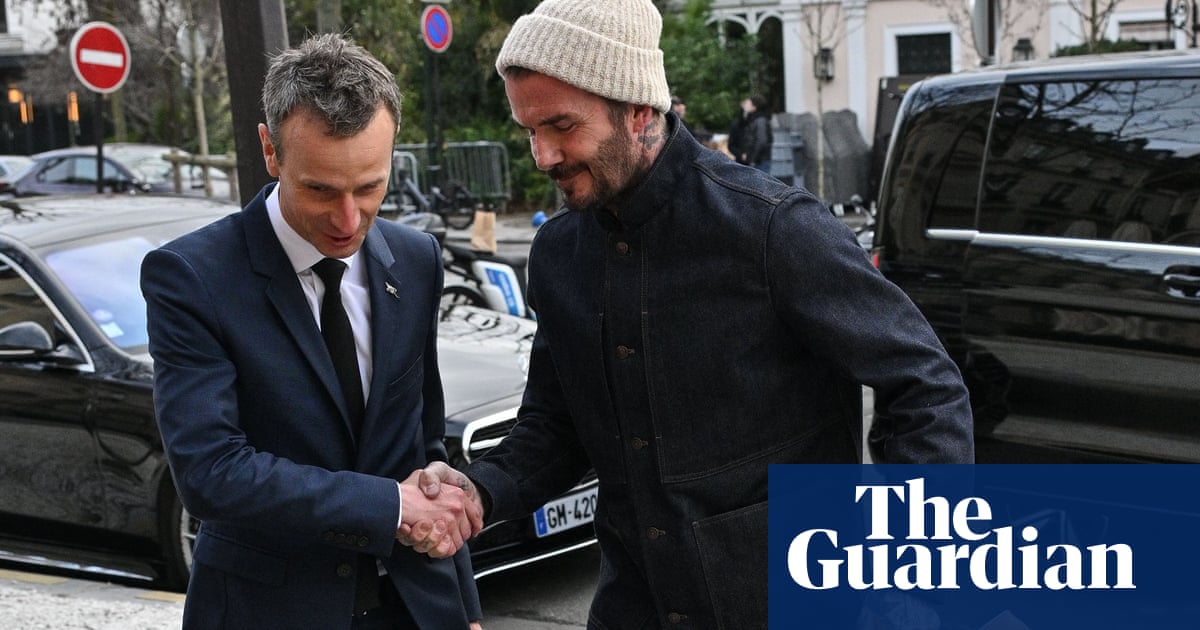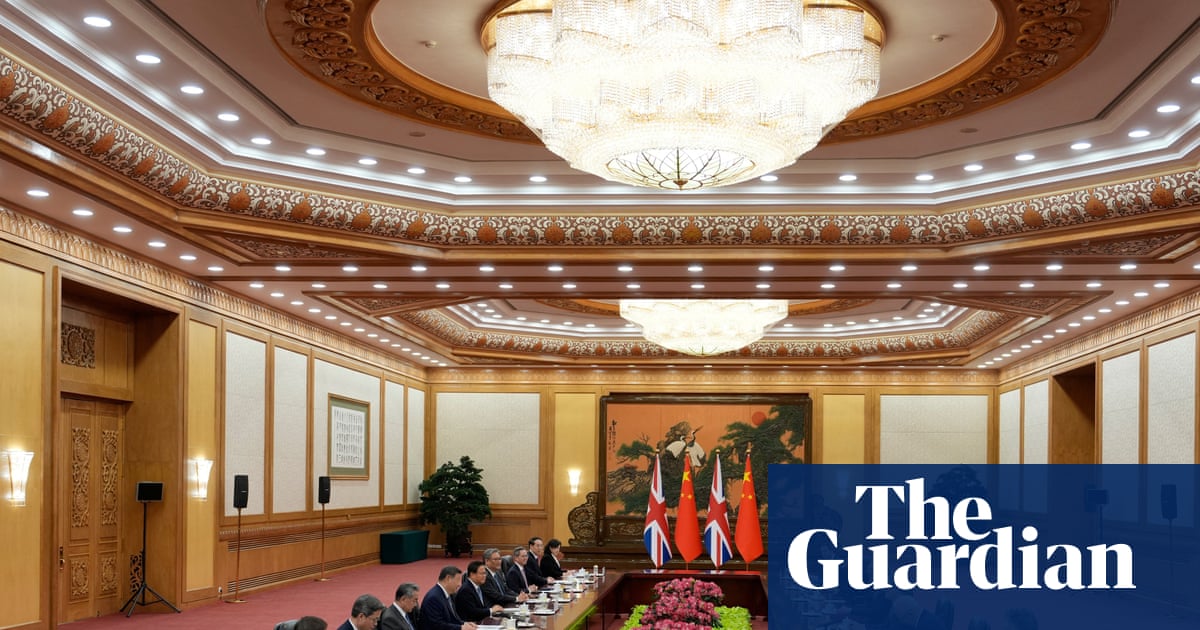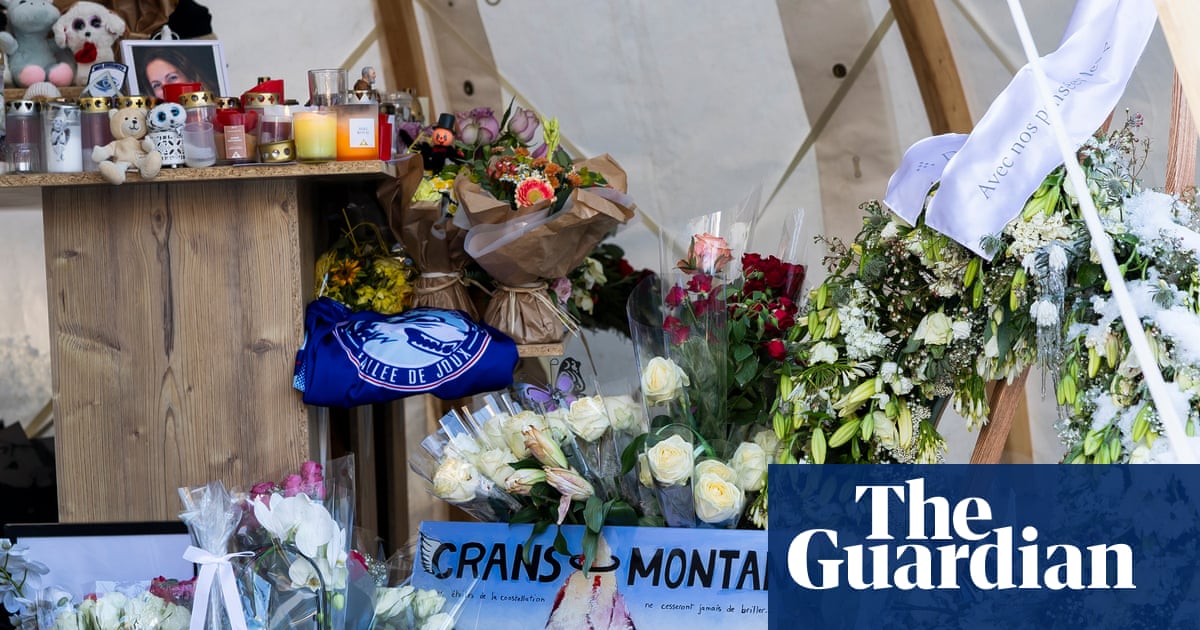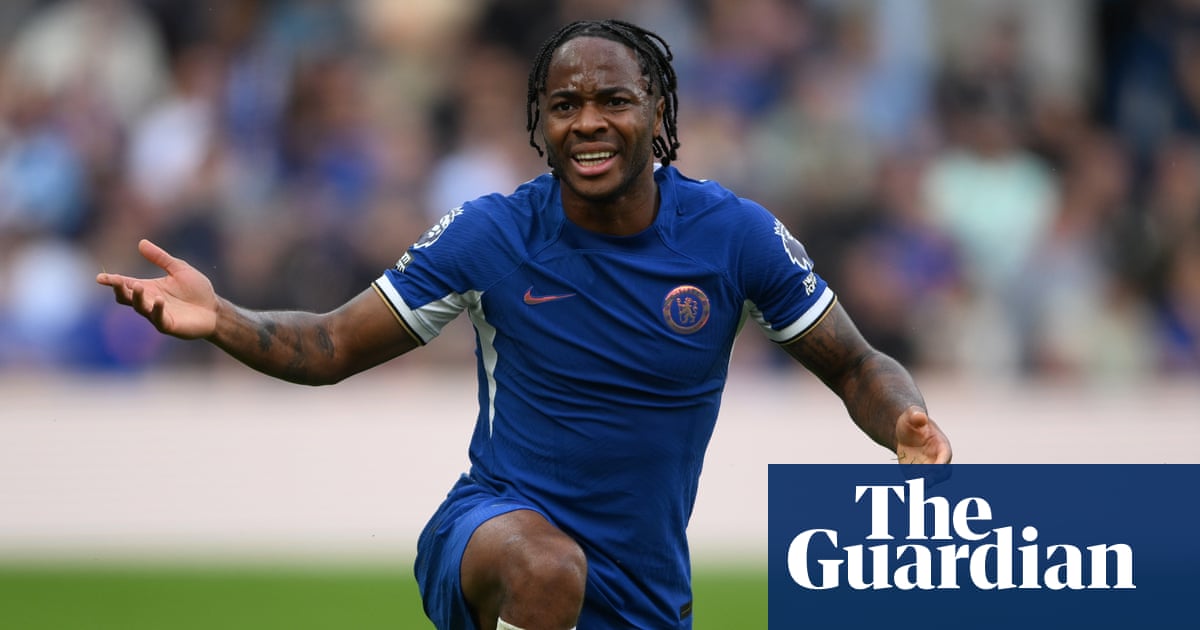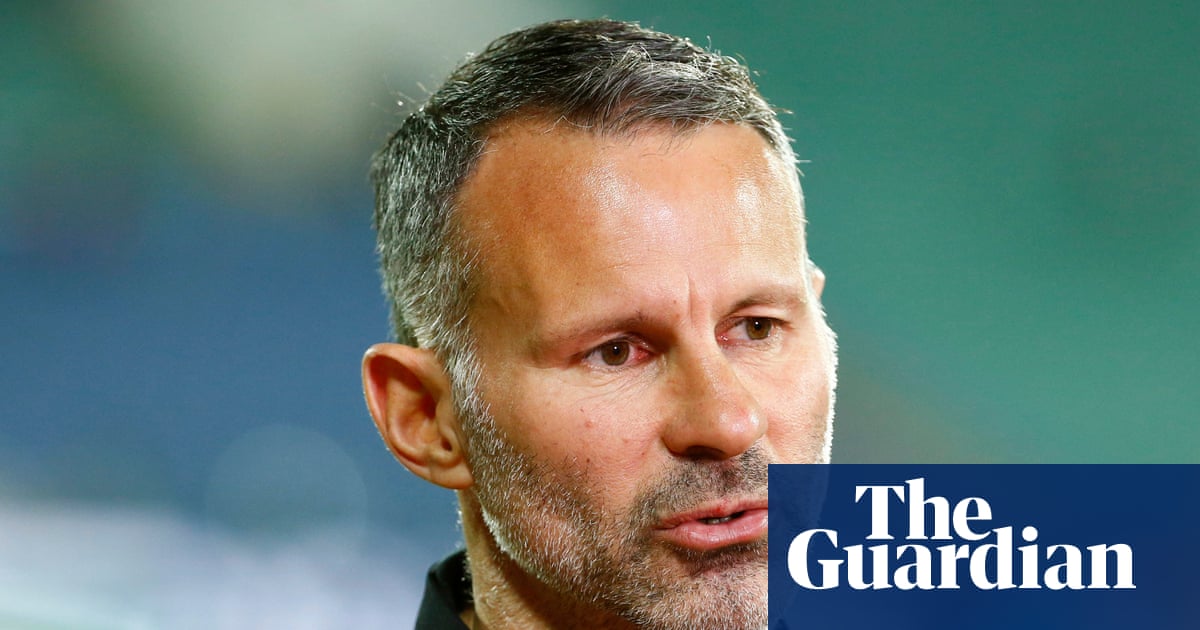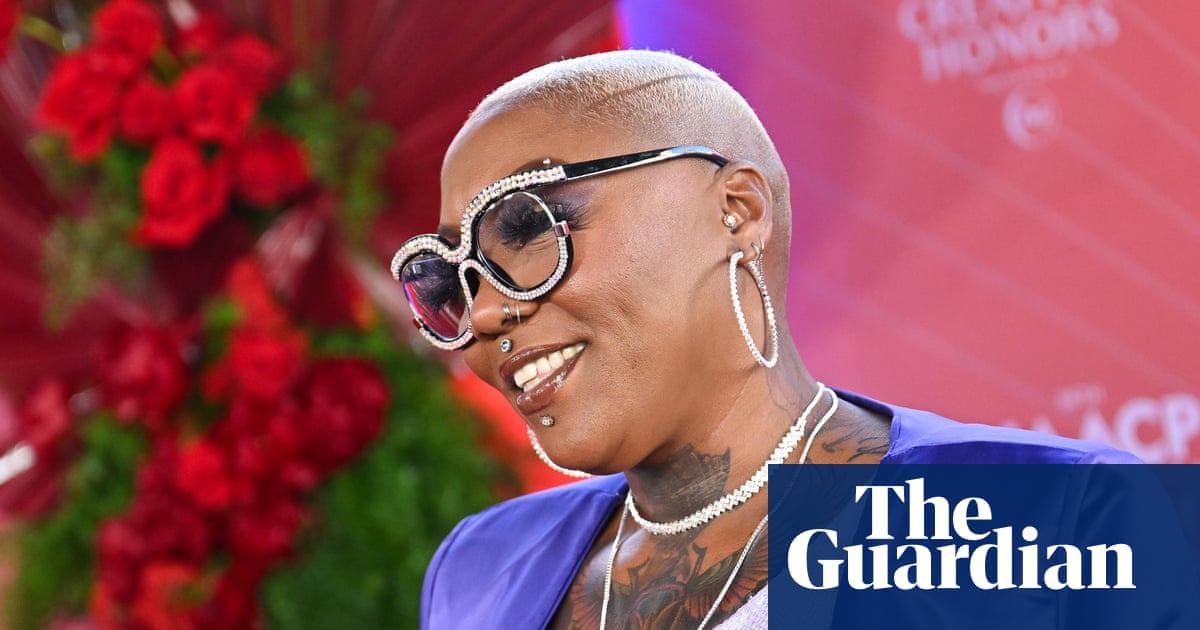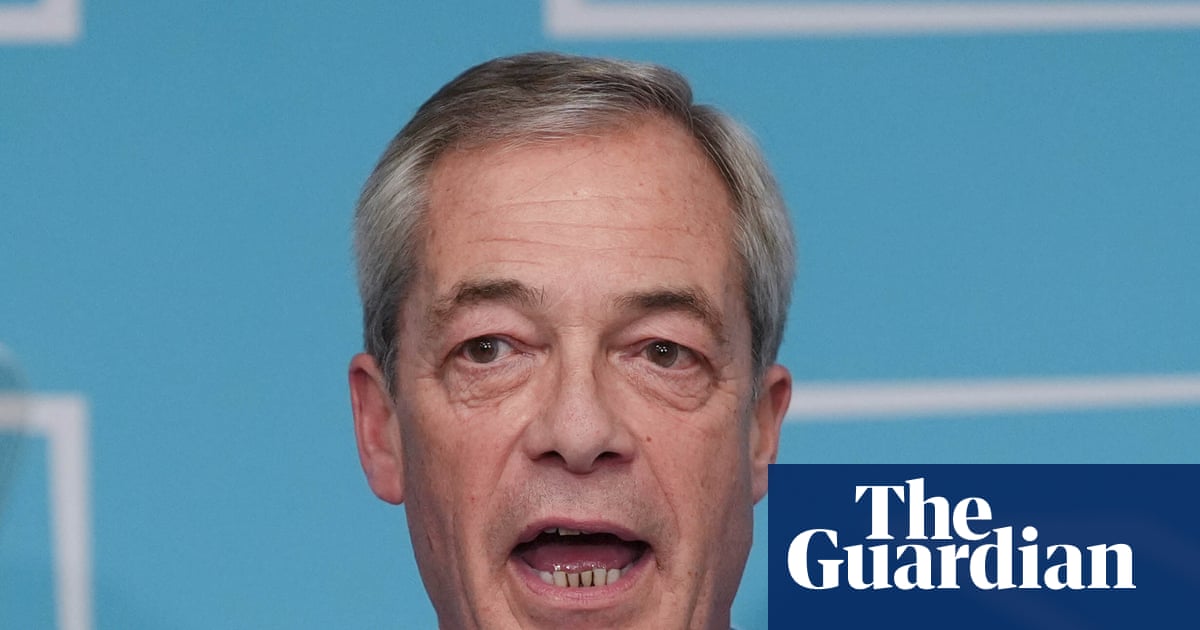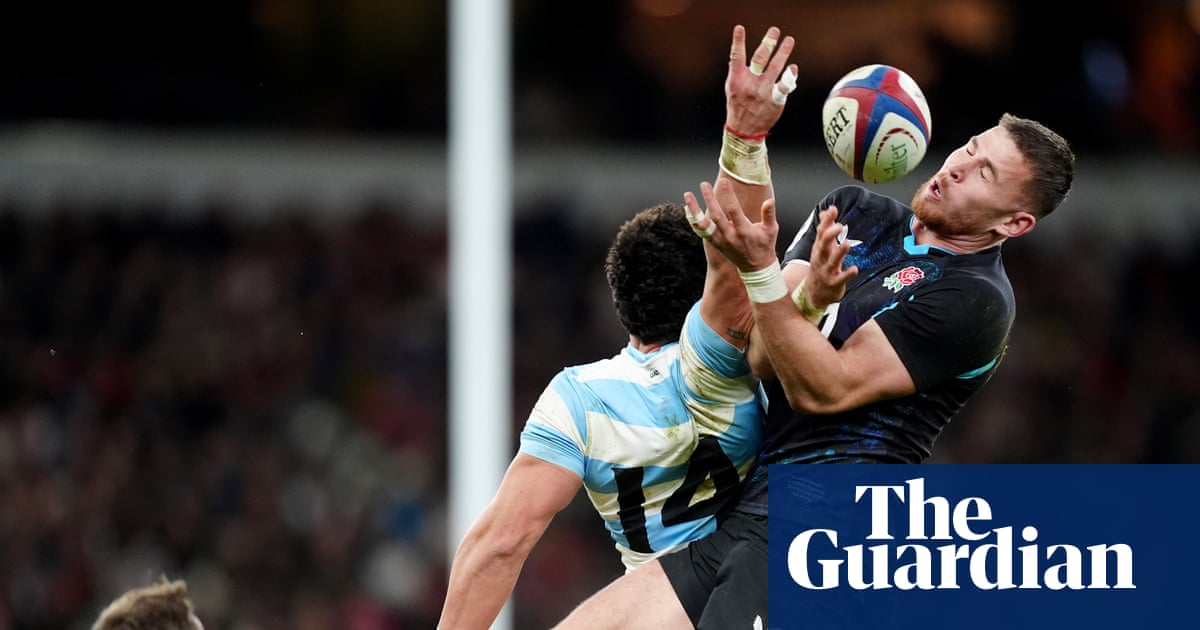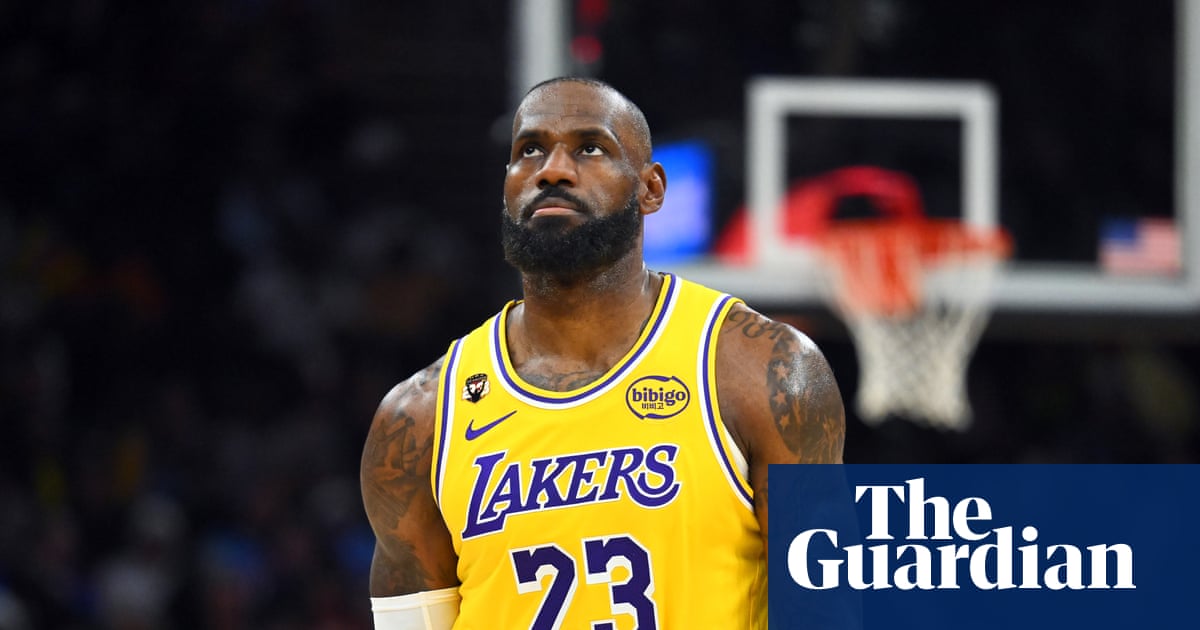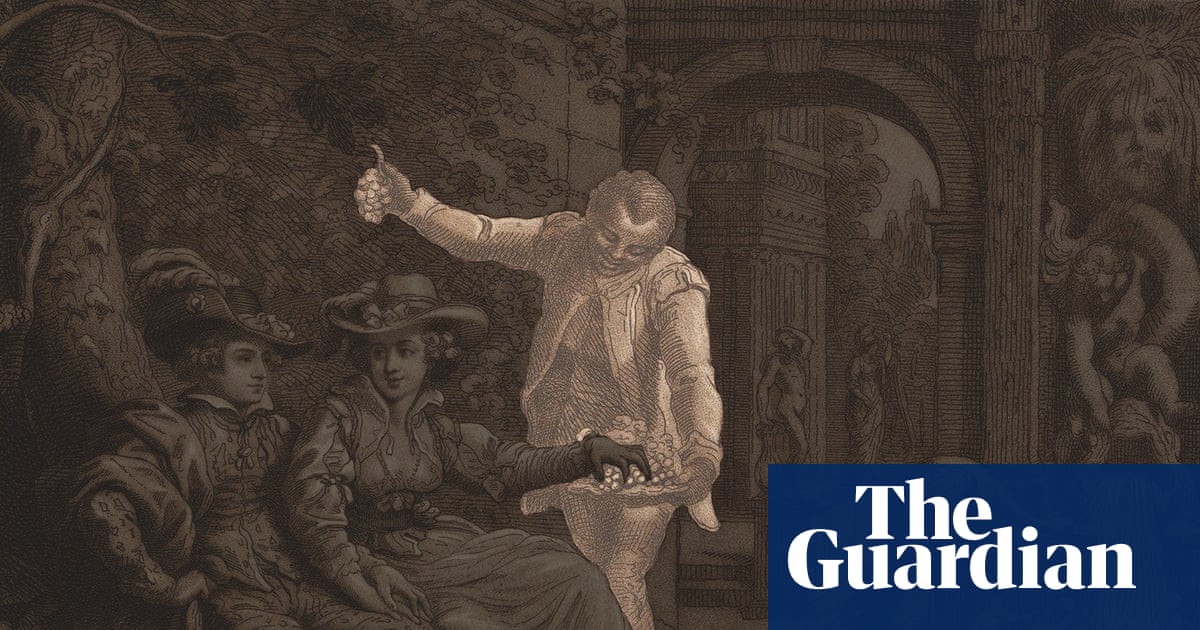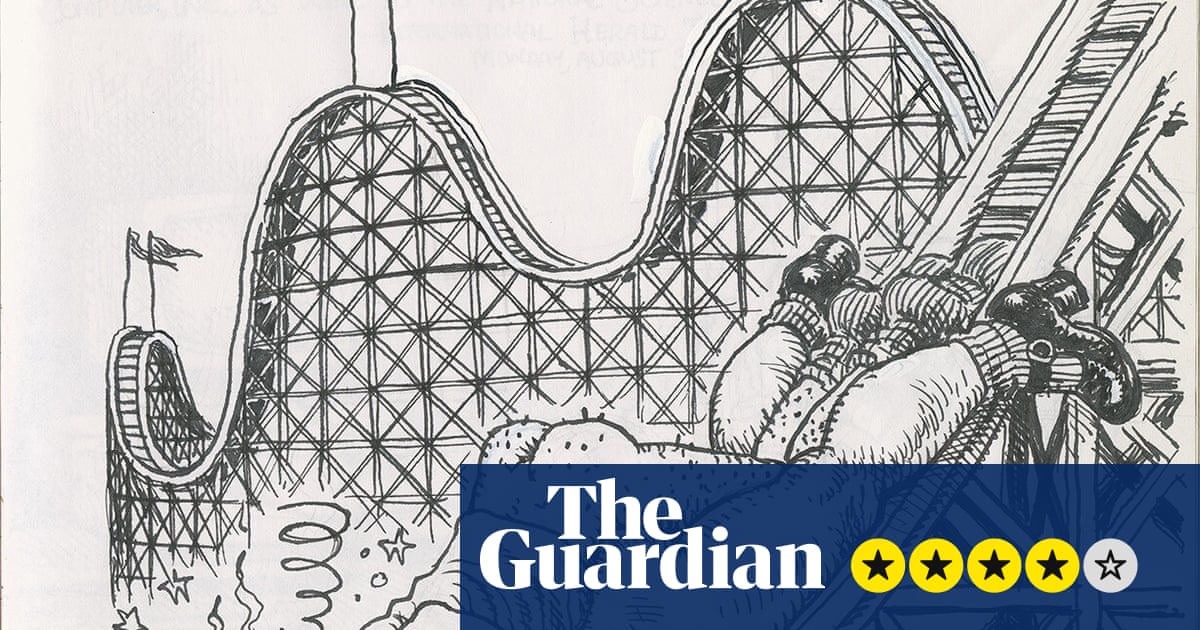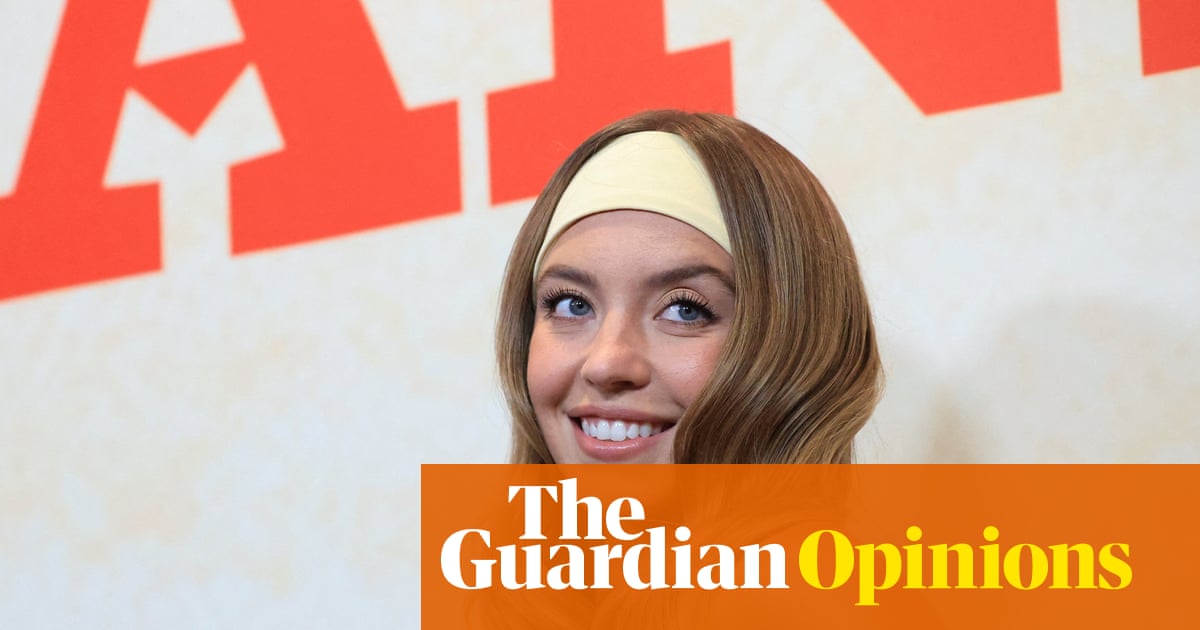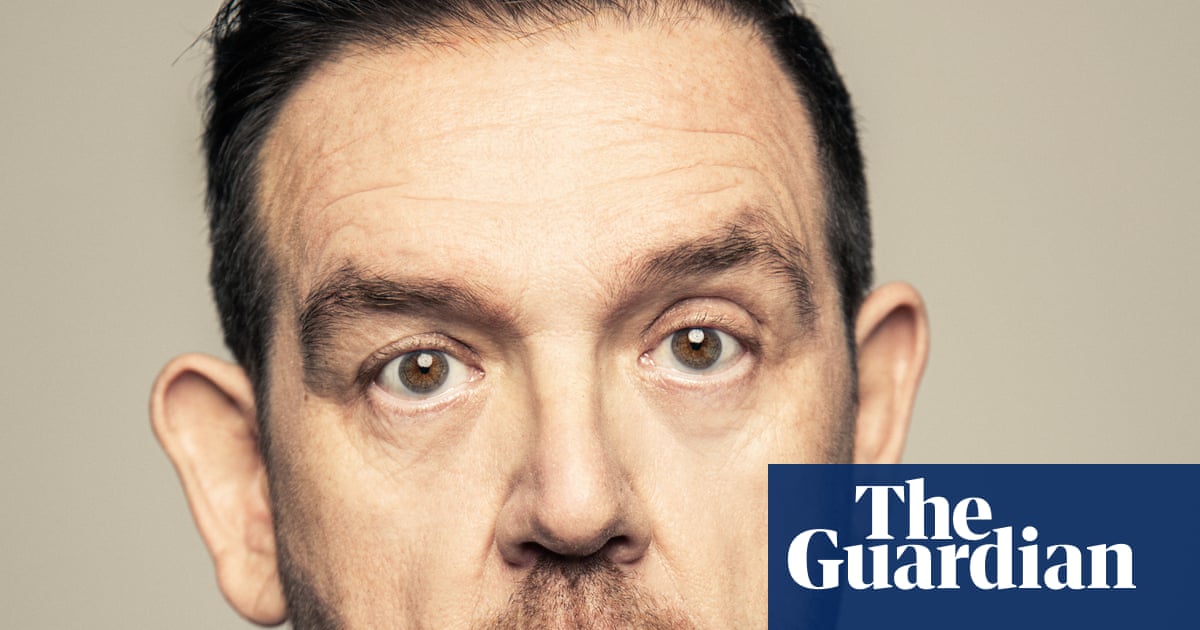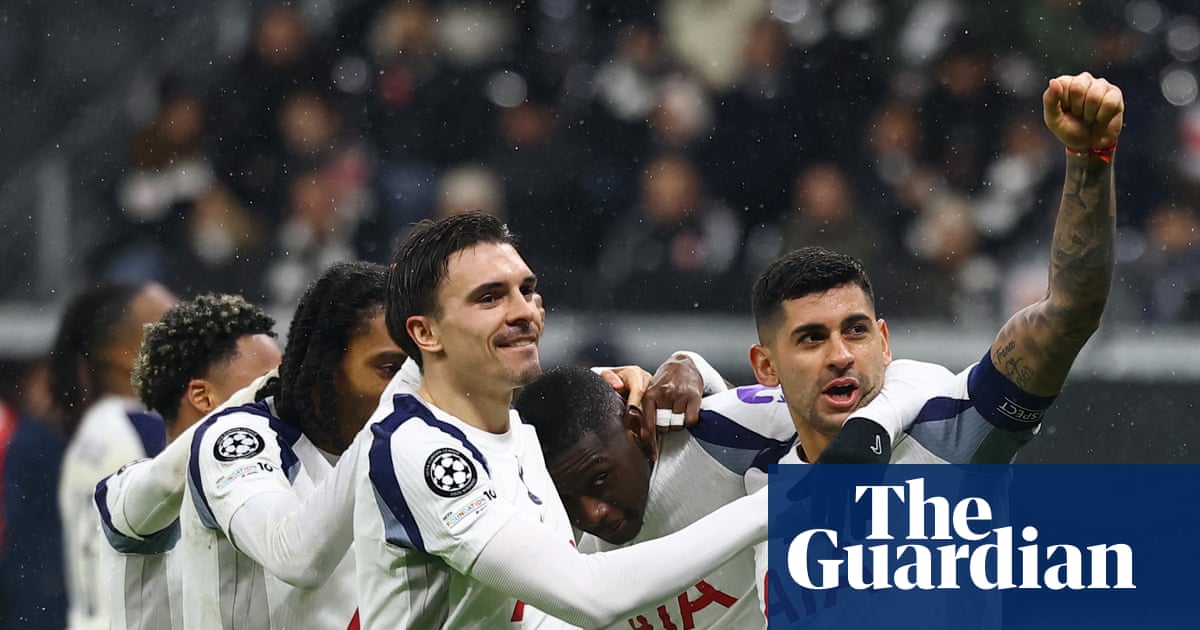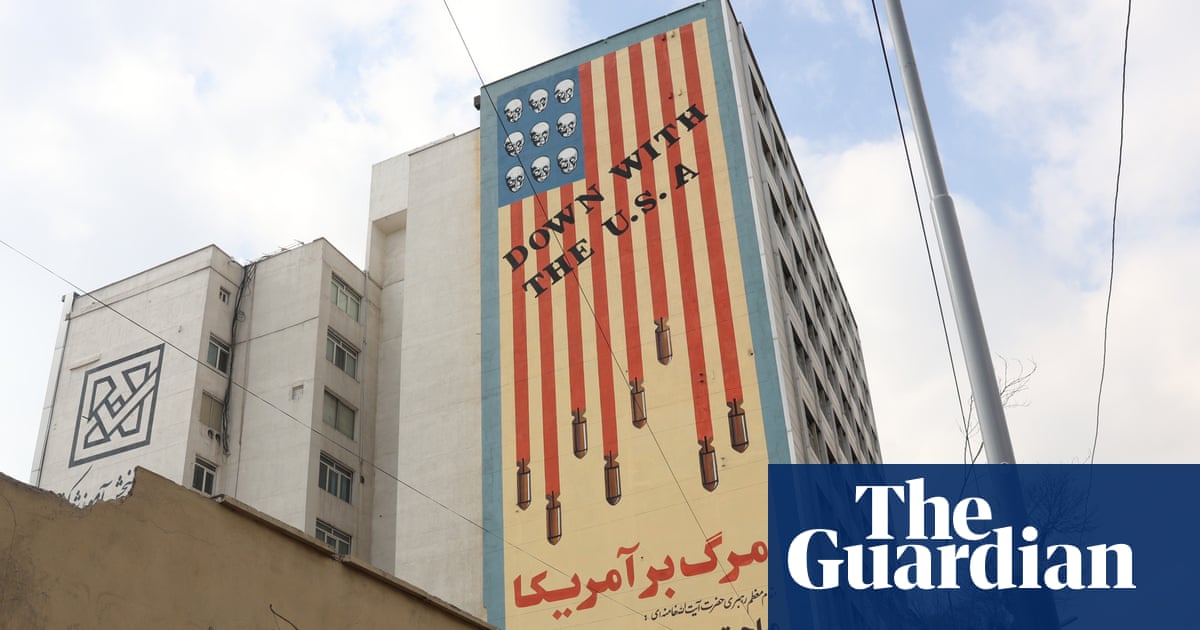There must be blame. We need heads on the battlements. We need entrails, horses, chains, a public quartering. Basically we just need to feel something. We need, above all, to feel that this is all someone’s fault.
This is how elite football must function now. The Dalai Lama once said that instead of looking to blame others we should look for answers within ourselves, which just goes to show how wrong you can be and is, frankly, very disappointing from the Dalai Lama.
It turns out medieval medicine was right. Human beings are indeed composed of four basic humours: bile, fire, earth and being incredibly angry on the radio, energies that must be constantly fed.
There is a central irony here. Rage and snark have become football’s defining energy. There is simply too much space out there, too many content channels, but not enough actual sport to fill them. So perceived injustice, the divvying up of fault, fraud-dom, bald fraud‑dom have become the game around the game.
But at the same time there is less to actually blame people for. Success and failure have become structural. Big clubs really are too big to fail in any meaningful sense. Managers no longer run teams like autocrats, surrounded by directors, assistants, data wonks. There is simply less space to actually make terrible mistakes on an individual basis, the kind of clear-as-day mistake that really does throw an entire team out of whack.
Nagelsmann blames Wirtz's slow start on Liverpool's form
ShowJulian Nagelsmann, the Germany head coach, has defended Florian Wirtz after criticism of his slow start to life at Liverpool, pinning some of the blame on the team's poor form and finishing.
Wirtz, a £100m summer signing from Bayer Leverkusen, is yet to register a goal or assist in the Premier League – though he has created 16 chances – while Arne Slot's side have struggled to sustain their title defence. The attacking midfielder started as Liverpool slumped to a 3-0 defeat at Manchester City on Sunday, a result which left them eighth in the table.
Nagelsmann has called for patience with the Germany international, however. "To be honest, the overall situation doesn't make it easy for Flo," he said. "The whole club isn't as stable this year as it was last year. It's much harder to slip into the team now.
"If you look at the game against City, they were actually the worse team over the 90 minutes. So it's also difficult for Flo to make a big impact. Ultimately, the overall situation is such that he just needs a little more time, which is normal. You see that with other players who move to the Premier League too."
"We all know what he's capable of and it's perfectly normal for a player of his age to go through a bit of a dip in form," Nagelsmann added. "We can't expect him to perform at the same level for three years straight."
"Instead, we all need to support him a little bit so that he can clear his head here, and then maybe Liverpool could also help him out by scoring some of the chances he creates. That would be one idea, because ... they somehow don't like to shoot the ball in, that's also part of the truth."
Wirtz is part of Nagelsmann's squad for the upcoming World Cup qualifiers against Luxembourg and Slovakia. Victories in both matches will secure Germany's place at the 2026 World Cup finals. Will Magee
At which point, enter Arne Slot, who is out there making at least one very obvious, big‑ticket managerial mistake. Why is Slot playing Mohamed Salah in every game? Why is Slot continuing to do this even when the evidence is clear that this is a mistake? One that can still be fixed, but which becomes more deeply compounded with every passing week.
It makes little sense in the abstract. Slot is a title-winning manager, a details-obsessive, super-smart no-bullshit merchant. Crucially, he possesses a pair of eyes. And it has been obvious for the last two months that Liverpool are suffering with Salah in the team, most notably against stronger opponents.
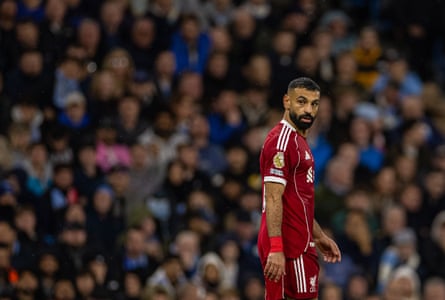
Since their last trip to the Etihad Stadium in February, when Salah was brilliantly decisive, Liverpool have played 11 games against City, Newcastle, Arsenal, Chelsea, Manchester United, Real Madrid and Paris Saint-Germain, losing seven of them. Salah has played in all of these, contributed zero goals and performed most of the time like a Salah-shaped void, a ghost at the edge of things.
A wretched afternoon at the Etihad Stadium was confirmation of two key points. First, Salah’s own performance is well below the required level. And second his weaknesses speak directly to the problems in the team around him.
Most obvious is the lack of physicality. Liverpool have gone from being more intense than their opponents, from intensity as a baseline and non-negotiable, to fielding three very small men in Salah, Florian Wirtz and the current version of Alexis Mac Allister. They are a team that is always struggling to exist in the same space as more powerful opponents.
In the opening minutes against City there was the spectacle of Wirtz chasing Jérémy Doku down City’s left flank, grabbing and grappling at his back while Doku seemed vaguely aware of being tapped on the shoulder. Moments later Nico O’Reilly, a really good modern Premier League power player, could be seen cuffing Salah out of his lane like a man swatting away a cloud of midges.
This spreads to other parts of the team. Pep Guardiola was coy about Conor Bradley after the game, talking up what a wonderful full-back Bradley has become (which is true) but also making sure everyone present noticed what City had done to him, which was to constantly double up, knowing in advance that Salah simply won’t offer any cover, that his flank is always open.
So Bradley, one of Liverpool’s better players, is transformed into a point of weakness by the failings of the superstar in front of him. So Ibrahima Konaté is also drawn out to the right away from the tight spaces that suit his game, all the better to perform like a man with his legs on the wrong way round. And so the midfield pivot is pulled apart, always asked to cover slightly too much space.
after newsletter promotion
This imbalance is also endangering Slot’s rebuild. Wirtz is being asked to adapt to the world’s most brutal league in a team already balancing the presence of one non-contact creative princeling. Alexander Isak, already under pressure after a summer spent acting as a footballing Helen of Troy, must now fix this team rather than adding a final gloss.
It is important to note that none of this really Salah’s fault. He is not doing anything different. He has never been a defensive player, something that didn’t matter when he was flanked by a furiously hungry three-man midfield. He is also right to be aware of his own worth as one of the most thrillingly productive goalscorers the league has seen. But then, he’s also 33 years old, quite small, and a veteran of more than 700 career games. What was everyone expecting to happen here?
Perhaps we should blame Liverpool’s executive for offering Salah that new contract at a time when it was clear the team would have to be fundamentally rebuilt. Liverpool’s entire ownership mantra is to make clear commercial choices, to be smarter than its bloated fellow juggernauts. Retaining a massive-money 33-year-old seems counterintuitive. Are we looking at another Pierre-Emerick Aubameyang here, a more chiselled Phil Jones?
But the contract did make sense on basic numbers at the time. When he signed in April, Salah was averaging 1.4 goal involvements per game, an astonishing level of productivity. The total cost of two more years of this is £36m, the kind of sum you might throw at a half-forgotten full‑back. There have been suggestions a deeper data dive could have predicted the drop-off this season. But still. Give us half of this. We can make it work.
Slot has made this into a major problem by refusing to drop his star player, hobbling his own rebuild in the process. It is a mistake so obvious, so clear in its outlines, that it is tempting to cast around for some deeper motivation. We know that informal chats take place, that star players will demand guarantees on selection. Does Slot’s own status come into this, a power imbalance between generational star player and affable Dutch single‑season wonder?
Salah was re-unveiled on a wave of emotion. This was all vibes energy, goodwill. How involved was Slot in the process? And who had final oversight of the top‑heavy spree that has left Liverpool not just with too many attackers, but with the wrong attackers, two centre-forwards and a surfeit of lightweight creatives? It never felt coherent, or like the work of single voice, more a case of team building by committee. It certainly doesn’t feel very Slot.
The international break presents an opportunity to find solutions. Salah will be off to the Africa Cup of Nations before long. The current XI is clearly unbalanced, in hock to the past, but also making an enemy of its future. There is still time to show some teeth and pick a team solely on merit and future needs. But that time is definitely now.

 2 months ago
38
2 months ago
38
